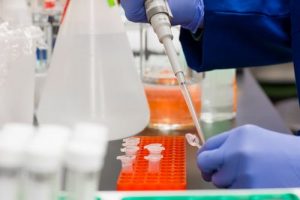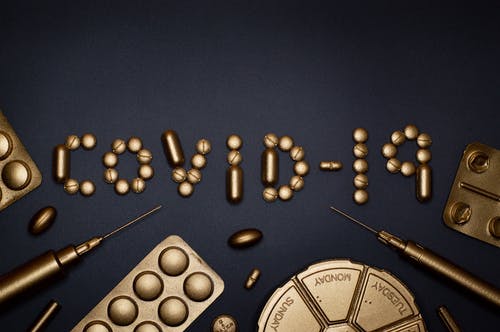Research suggests vitamin D is ineffective in combating positive COVID-19 cases.
There has been a lot of hype around whether vitamin D can help prevent the coronavirus. Researchers have wondered whether this common household vitamin can prevent infection, and to test the possibility, a team in Brazil at the University of São Paulo’s Medical School (FM-USP) in São Paulo performed a randomized, double-blind, placebo-controlled clinical trial.
They were perplexed by the results. Despite widespread belief that vitamin D is helpful, the study found high doses of vitamin D have no effect on key COVID-19 outcomes in hospitalized patients. Further research is needed to investigate whether a deficiency of vitamin D is associated with severe cases.
“In vitro studies or trials with animals had previously shown that in certain situations, vitamin D and its metabolites could have anti-inflammatory and antimicrobial effects, as well as modulating the immune response,” explains Rosa Pereira, principal investigator for the study. “We decided to investigate whether a high dose of the substance could have a protective effect in the context of an acute viral infection, reducing either the inflammation or the viral load.”

Based on the results, she said, “So far, we can say there’s no indication to administer vitamin D to patients who come to the hospital with severe COVID-19.”
More than 200 volunteers receiving treatment for COVID-19 symptoms at FM-USP’s Hospital das Clínicas and the Ibirapuera Park field hospital in São Paulo City, Brazil, agreed to participate in the study from June to August 2020. All had tested positive, and they received treatment with standard COVID-19 protocols (i.e., antibiotic and anti-inflammatories).
The researchers then divided the volunteers into two equal groups chosen at random and administered a single 200,000-unit dose of vitamin D3 dissolved in peanut oil to the first group. The second received a placebo. The design of the study was to determine whether a high dose of vitamin D was associated with shorter hospital stays.
The researchers found it was not. They also found that the vitamin was not associated with whether the patients were admitted to an intensive care unit and it did not appear to have any effect on fatality.
Co-author Bruno Gualano, a researcher at FM-USP, Brazil, said that although vitamin D did not seem to effectively treat the virus, this doesn’t mean that consistently taking it does not ward off COVID-19. Gualano said, “That does not mean continuous use of vitamin D cannot have beneficial effects of some kind.”
Pereira is now leading a new study to determine whether a vitamin D deficiency causes, in part, the onset of more severe symptoms. Pereira explained, “The ideal approach is case-by-case analysis, if necessary, dosing the substance periodically by means of blood work, with supplementation if a deficiency is detected.”
Another study performed last year and published in JAMA online suggested that vitamin D deficiency is associated with more severe case of the coronavirus. The research team concluded that “nearly 500 patients who had a vitamin D level measured were at 1.77 times greater risk for testing positive for COVID-19,” according to their article.
Sources:
Study confirms high doses of vitamin D have no effect on COVID-19
Association of Vitamin D Status and Other Clinical Characteristics With COVID-19 Test Results


Join the conversation!